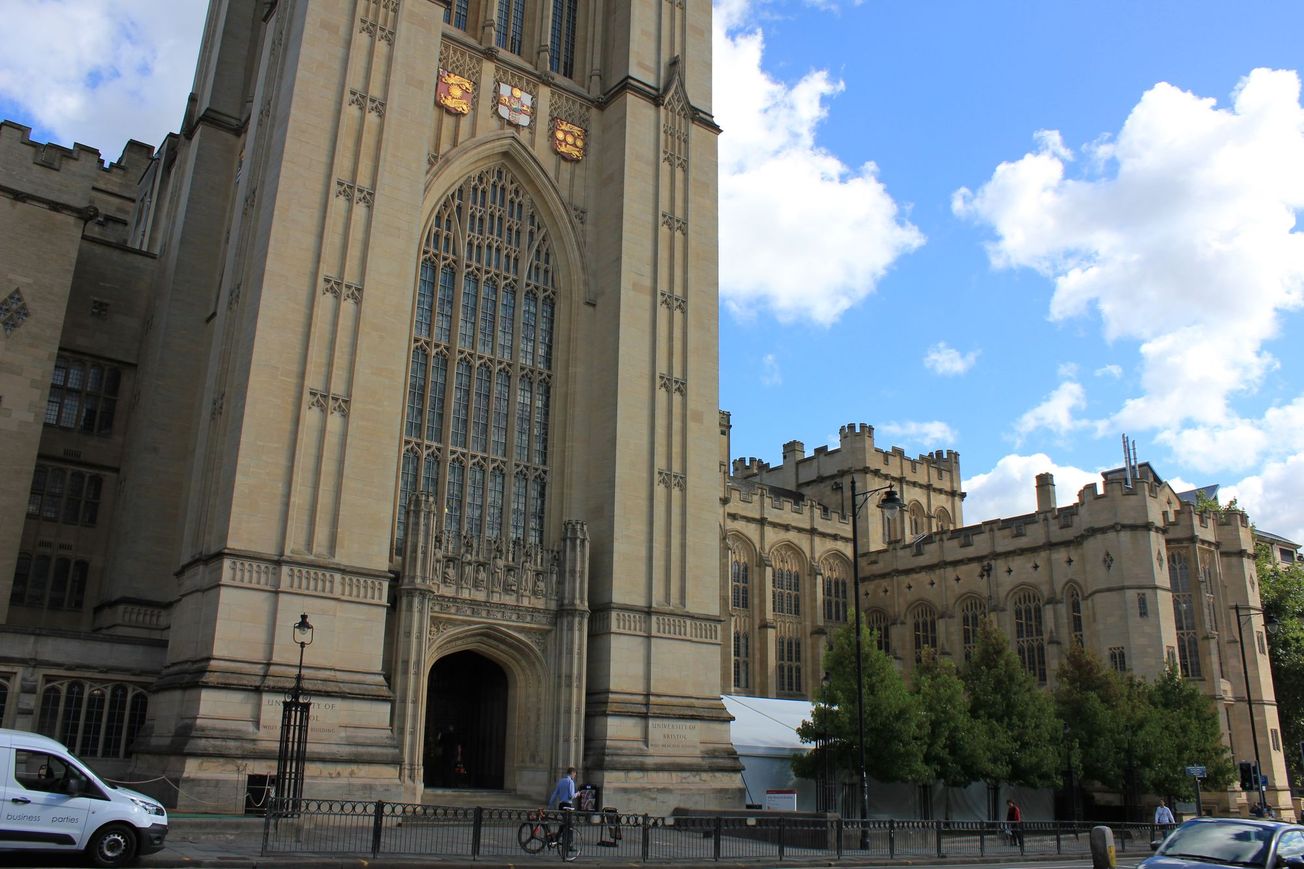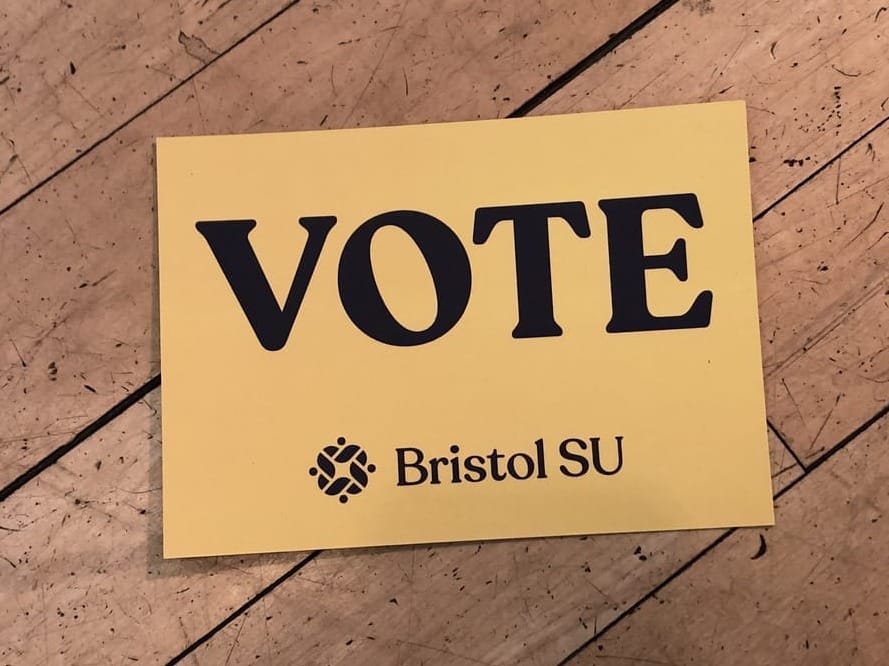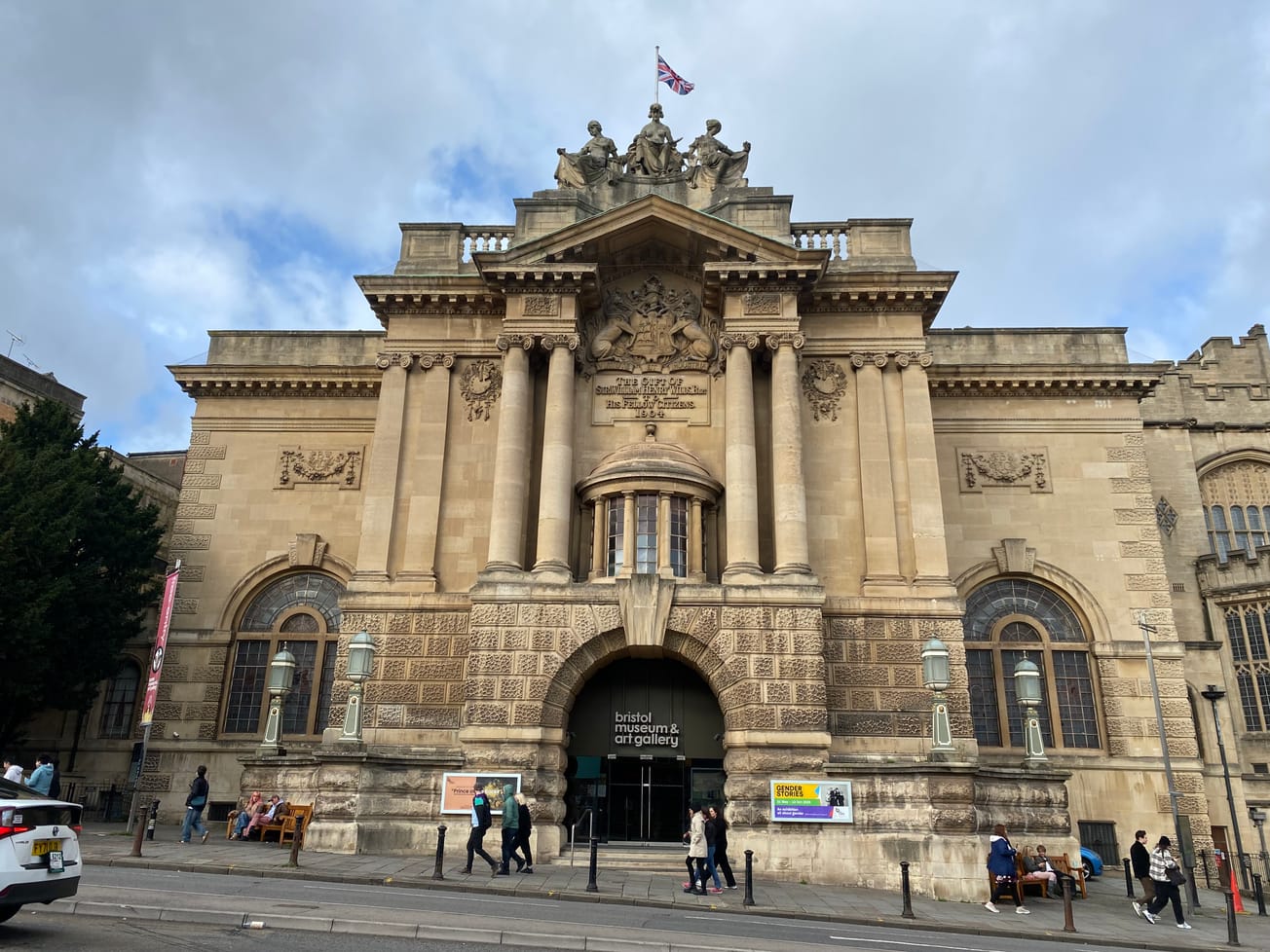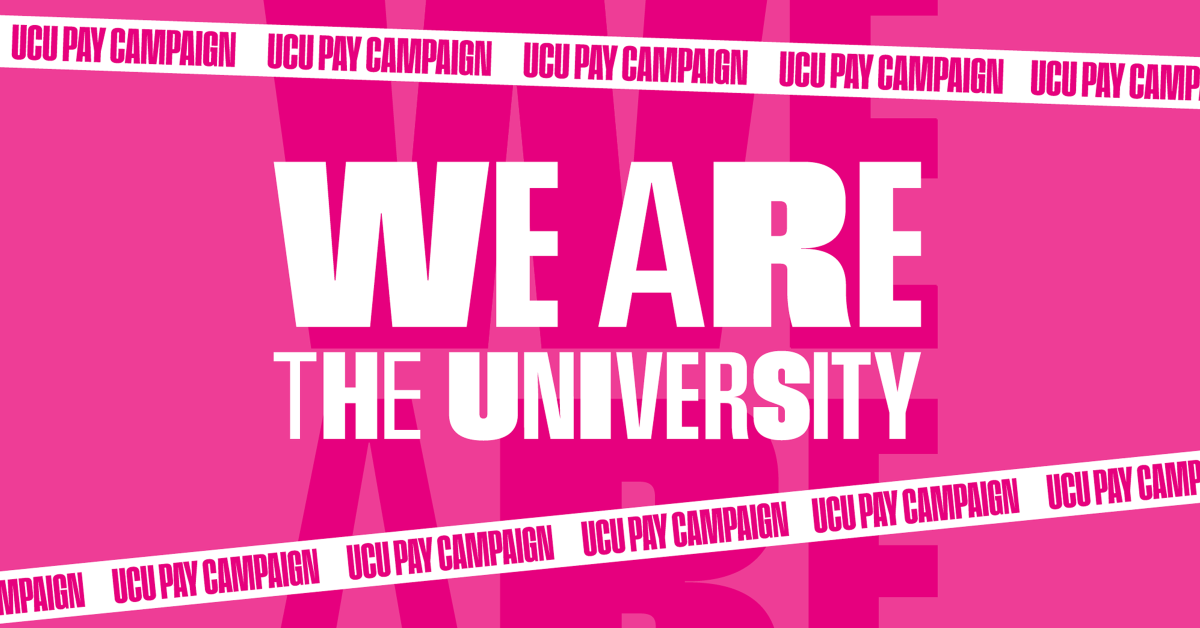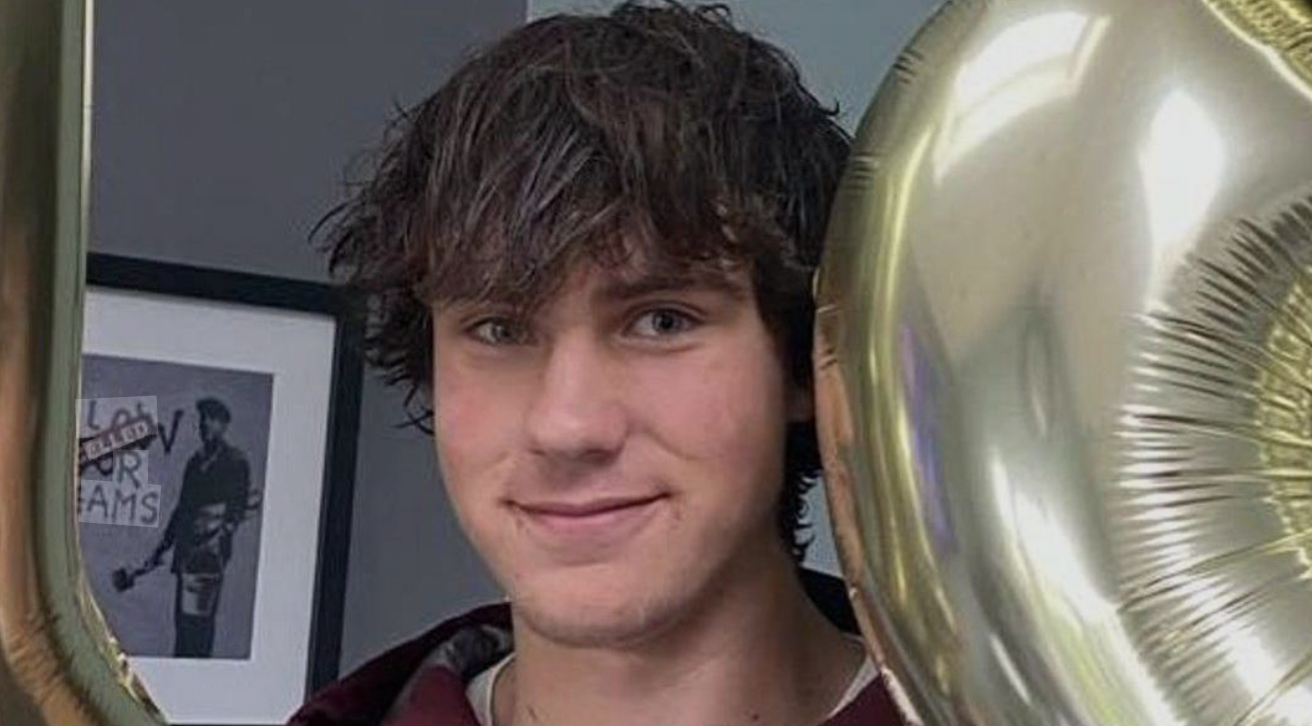By Guy Taylor, Investigations Editor.
According to a recent Times investigation, £52 million in banknotes has been accepted by several different universities in the last five years.
Last year, Bristol received £140,000 in cash payments, for both tuition and accommodation fees.
Accepting substantial cash payments for university fees is of concern, as the source of the money cannot be traced arguably ‘easing the task of money launderers.’
‘Whilst not subject to anti-money-laundering rules, British universities are exposed to illicit wealth as wealthy criminals seek the best education for their children. Universities should be alert to signs they may be handling dirty money,’ said Ben Cowdock, lead investigator at Transparency International UK.
Matthew Page, a former government security analyst, corroborated this, telling the Times that ‘any educational institution that accepts cash payments is essentially putting out a welcome mat for the world’s kleptocrats and money launderers.’
Manchester and Exeter university received the highest number of cash payments, totalling over £5 million each.
The investigation revealed that most of these payments were from foreign countries. China was the top paying country with universities receiving £7.7 million in banknotes since 2015, with India and Pakistan receiving 1.8 and 1.2 million respectively.
The Times Top 100 Graduate Employers indicates graduate job prospects remain optimistic
National survey reveals nearly £1 billion spent by students on unused accomodation in the UK
A spokesperson from Universities UK said that: ‘Universities work together with the government, the police service and relevant sector bodies to help protect students and individual institutions from potential money-laundering activity.’
Many universities have now stopped the high-risk acceptance of banknote and cash payments.
A spokesperson from the University of Bristol said: ‘We have an anti-money laundering policy, and our cash office was closed in September 2020.’
Featured Image: Epigram / Cameron Scheijde
What do you think of the recent investigation?

